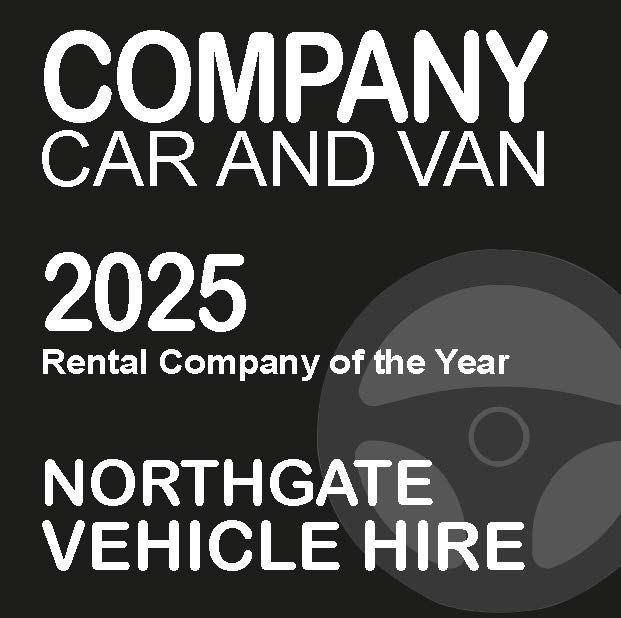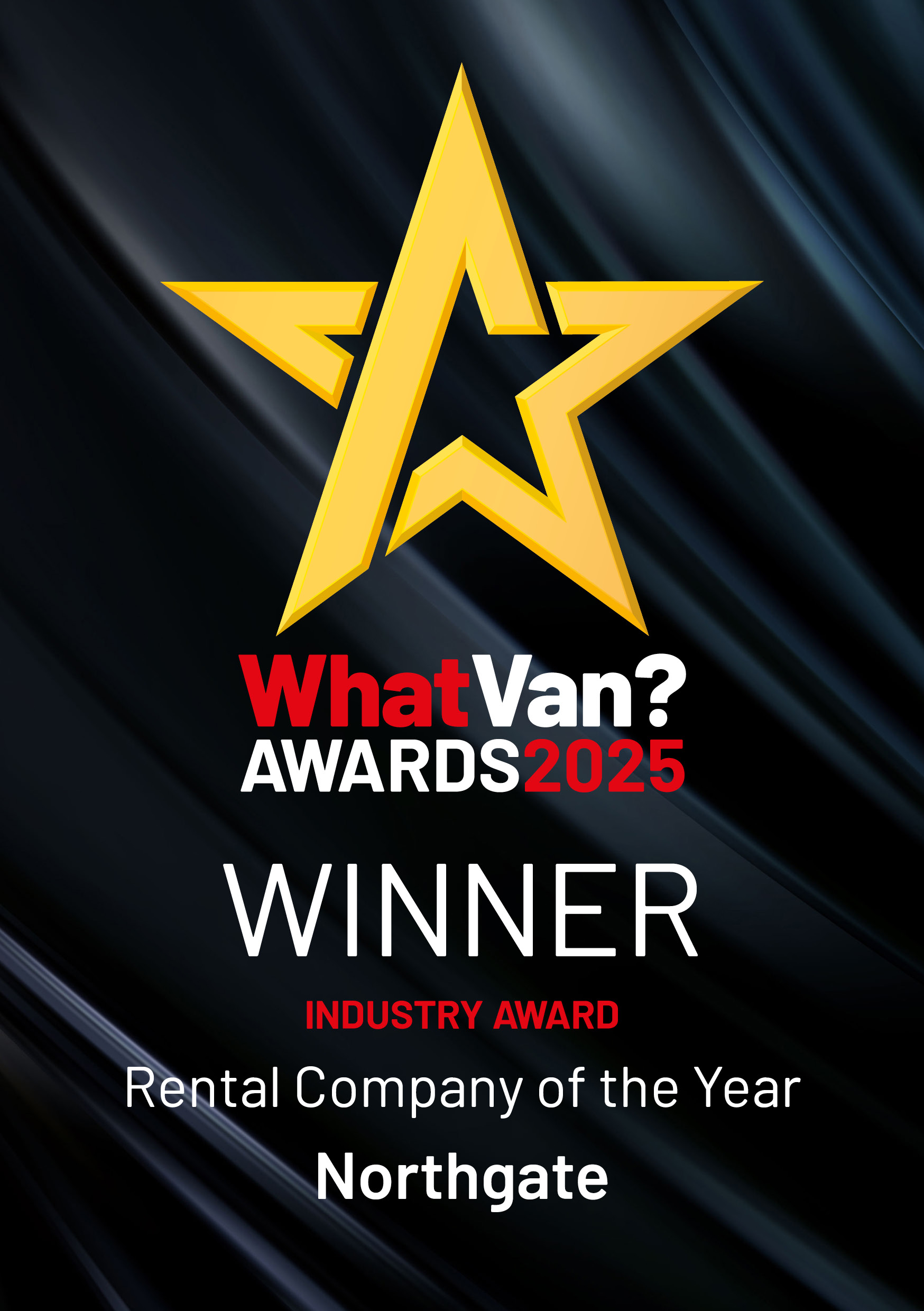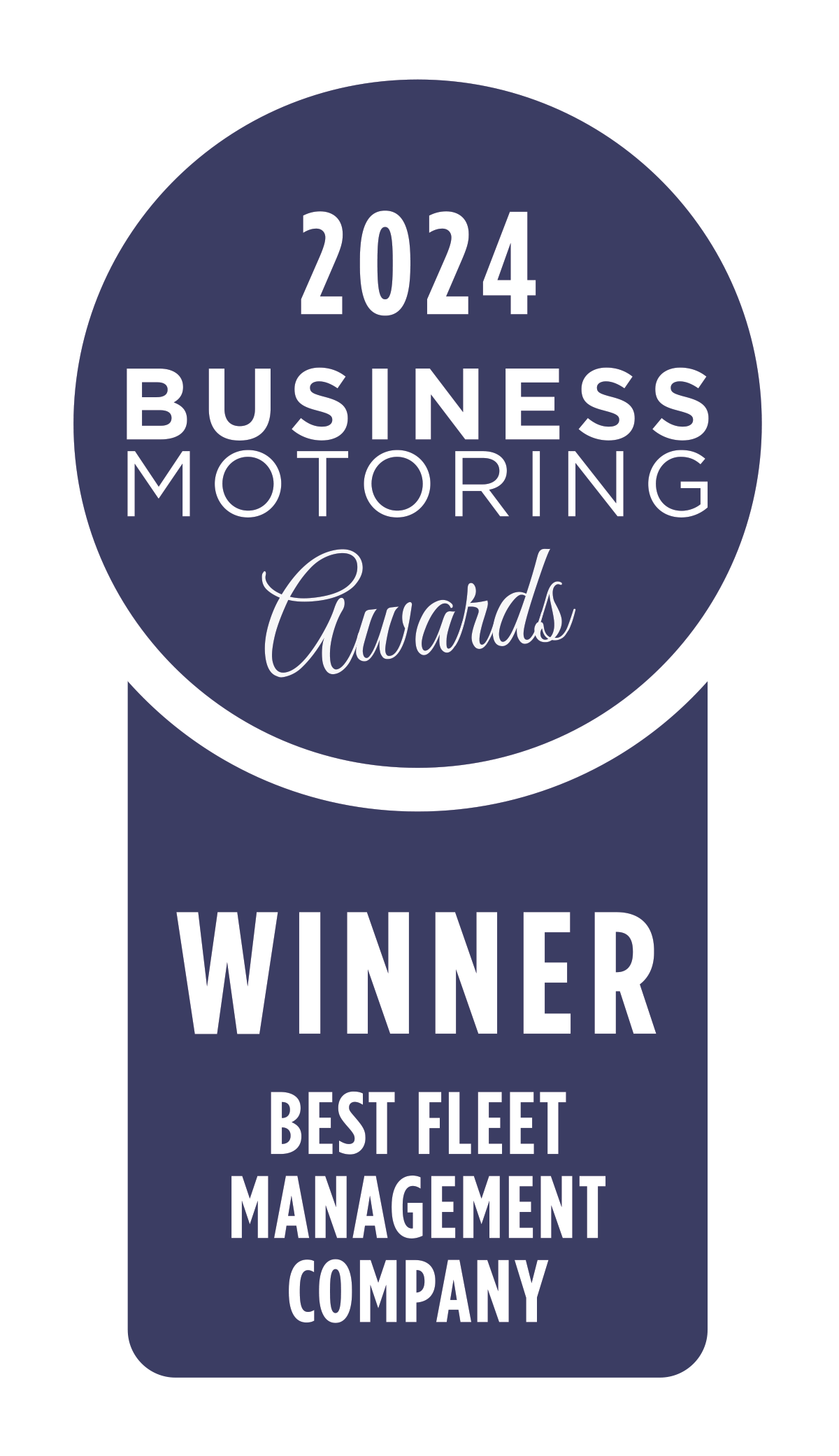How to prepare your business for electric vans
![]() 17/11/2020
17/11/2020![]() 8 minutes read
8 minutes read
The government has brought forward the ban on new sales of diesel and petrol vans to 2030.
With the end of the diesel van now imminent, we are about to enter a new era of zero-emission vehicles.
This has left many of us with questions about why, when and what is next for business vans. Electric vans are a hot topic for fleets and we’re here to provide you with some possible answers.
Getting up to speed
- The UK is committed to phasing out internal combustion engines (ICE)
- The government has outlined plans to ban new petrol and diesel cars and vans by 2030
- Some hybrid cars and vans will be allowed until 2035
- All fleets need to start preparing for the inevitable end to petrol and diesel vans.
What will replace petrol and diesel vans, and why does it matter?
The end of diesel vans is clearly not an ‘if’ but a ‘when’.
Outside of specialist and heavier vehicles, the replacement will almost certainly be Battery Electric Vehicles (BEVs).
Some businesses will see immediate benefits from introducing them to their fleet mix. Businesses should now:
- Evaluate the suitability of zero-emission vehicles for their fleet.
- Make strategic plans for the phasing out of diesel vans.
As the infrastructure, technology, and policies begin to develop, businesses should be assessing when and how it is right for them to go green.
When will the end of diesel vans be?
It is not clear cut…
2030 is an ambitious deadline for new vehicle registrations, with several major blockers still to overcome.
For cars, the path to replacing diesel and petrol with battery-electric appears further along. When it comes to vans used by businesses, the ease of electrification is going to vary.
The government is making a significant investment of £2.8 billion in support of electric vehicles, charging infrastructure and gigafactories to make a move toward meeting the target.
Despite the ban in 2030, it is still more than likely diesel vans will be relevant for the next couple of decades.
What we do know is...
There’s certainly no rush to make the move. However, an increasingly larger number of businesses are going to find it beneficial, not only in terms of futureproofing but also for what is cost-effective.
Fleets should be keeping a watchful eye to see when going green will benefit them the most.
How will it happen?
One recent report from the BVRLA highlighted that different fleet segments will make the transition easier than others.
The uncertain market conditions are only adding to the existing challenges. Both Brexit and the Covid-19 crisis are creating significant economic disruption.
What we are most likely going to see is a slow but sure phasing out of diesel. Any advancements in technology, increases in availability, improvements in infrastructure, or policy changes will speed up the rate of change.
What will happen?
Diesel vans are going to get gradually phased out. It won’t be overnight but it is going to happen.
Even when the sale of new ICE vehicles is banned, diesel vans will still have some staying power. This is for several reasons:
- There will likely still be a used van market.
- Commercial vehicles have an average life of 11 years.
- The costs for fleets to change will be significant.
To alleviate some of the financial costs involved, government incentives such as tax benefits or scrappage schemes are possible. In turn, we could see a quicker phasing out of diesel vans.
What are my options?
1. Replacing the diesel vans on your fleet
The first step should be assessing your fleet’s readiness for electric vans.
There are operational considerations in terms of their suitability for certain jobs, how often, where and when they will need recharging and how your business’s charging infrastructure needs will be supported.
Larger fleets should also be mindful of the limited supply of electric vans. Taking a phased approach is usually much more viable.
2. Introducing electric vans to your fleet mix
With immediate benefits to be had for some businesses, there are few reasons to wait for certain use-cases.
Vehicle hire can provide you with the ability to trial electric vans in your fleet without the significant upfront costs and long-term commitment of leasing and outright purchase.
3. Doing nothing
For most businesses, diesel vans are currently the most practical option. There may come a point where it is not cost-effective to invest in diesel vans – and for some businesses, this could already be the case – but that is still some way off.
Preparing your fleet for going green could simply involve avoiding long-term commitment. Both vehicle hire and leasing offer options where you do not have to over-commit – with vehicle hire providing the maximum amount of flexibility to react quickly to technology advancements and changing market conditions.
How can Northgate help?
If you are looking for flexibility in transitioning to electric vehicles or avoiding long-term commitment to diesel vans, our expert fleet consultants are on hand to help.
You can choose from a range of Euro 6 compliant vans or our growing selection of electric vehicles to meet your needs, whether you’re looking for plain, customised or specialist.
We help businesses across the UK in meeting their commercial vehicle needs cost-effectively and reliably.
Take the next step toward an Electric fleet today.
SPEAK TO THE EV TEAM








